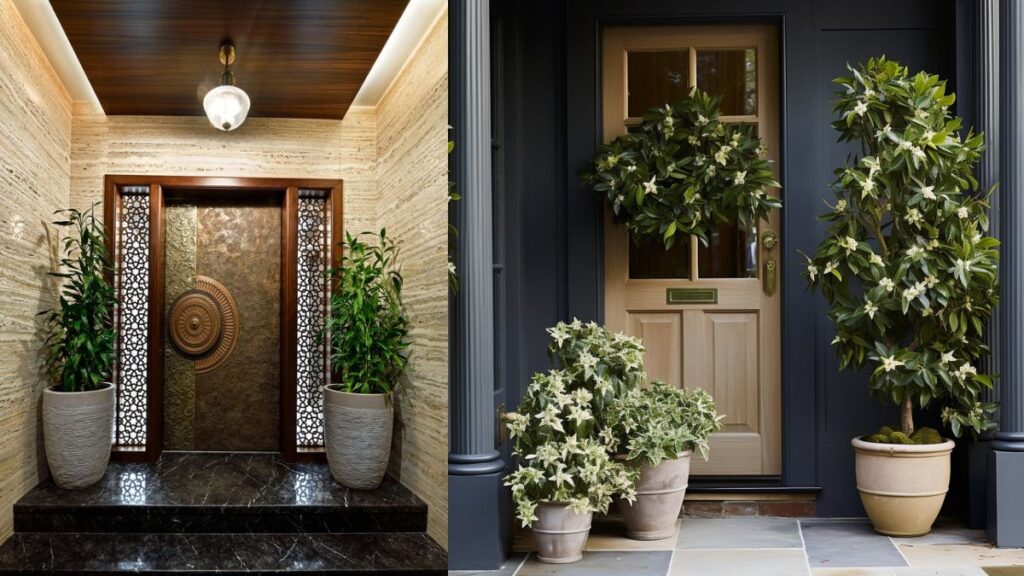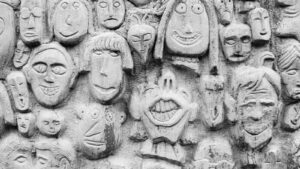Avoid Keeping These 7 Plants at Your Main Door | Vastu Tips

You’ve finally got that perfect little spot by your front door, and you’re thinking a plant would really tie it all together. It’s a great idea! Plants can add life and beauty to your home’s entrance. But if you follow the principles of Vastu Shastra, the ancient Indian science of architecture and design, your choice of plant matters more than you might think.
According to Vastu, the main door isn’t just an entryway for people; it’s the primary channel for energy to flow into your home. The right plants can welcome peace, prosperity, and harmony, while the wrong ones might unintentionally invite negative energy and obstacles.
So, which plants should you avoid? Bhopal-based Vastu consultant Pandit Hitendra Kumar Sharma highlights seven types to keep away from your main entrance:
- Big Trees: A large tree directly in front of your door might provide shade, but it’s considered inauspicious. It can block the flow of positive energy and even hinder your personal progress. This is especially true if the tree casts a shadow on your door during the day. Surprisingly, this even includes sacred trees like the Peepal tree when placed right at the entrance.
- Thorny Plants (Like Cactus): While they’re trendy and low-maintenance, cactus plants and others with sharp thorns are a Vastu no-no for the entryway. Their spines are thought to symbolise tension and can create an atmosphere of discord and unease within the family.
- Bonsai Plants: The art of bonsai is beautiful, but its very nature—stunting a tree’s growth—is the problem. Keeping these miniature trees at your entrance is believed to symbolise limitations and could represent restricted opportunities and stunted growth for the family.
- Dead or Drying Plants: This one might seem obvious. Any withered, dying, or dried-out plant near your door is considered highly inauspicious. They represent stagnant, dull energy and can create a gloomy atmosphere. Always replace them with vibrant, healthy greenery to attract positivity.
- Tamarind & Cotton Plants: Some plants have specific negative associations. The tamarind tree, for instance, is linked to negative energy and mental stress. Similarly, the cotton plant is traditionally associated with inauspicious events and is believed to attract unnecessary financial expenses.
- Milk Grass: This plant, which releases a milky, toxic substance when cut, is viewed negatively in Vastu. Placing it near your entrance is thought to attract conflict and tension among those living in the house.
- Fruit Trees: You’d think a fruit tree would be a sign of abundance, right? Not at the entrance, according to Vastu. The constant shedding of leaves, flowers, and ripe fruit creates clutter and untidiness. This mess is seen as a sign of unrest and can lead to obstructions in your home life.
The bottom line? If you’re looking to boost your home’s positive vibe, choosing the right plant for your entrance is a simple but powerful step. Opt for healthy, uplifting plants and keep these seven off your doorstep to help ensure only good energy walks through your door.
Disclaimer: The information provided here is based on general principles of Vastu Shastra and is for informational purposes only. It is not intended as professional or medical advice. Individual results may vary, and we recommend consulting a certified Vastu expert for personalized guidance tailored to your specific home and circumstances.










